Department of Civil Engineering
April 6, 2023 2023-04-06 6:36Department of Civil Engineering
Department of Civil Engineering
About Us
The Department of Civil Engineering creates outstanding engineers with advanced teaching techniques and learning aids for the students. The department has highly qualified and dedicated faculties and experts who strive to produce competent professionals who are abreast with the latest technology and are equipped with enterprising skills necessary for a designer and a site engineer. Students are not only made experts in technical aspects but also in interpersonal skills, a vital ingredient to excel in the fast-paced world. Civil engineering is a discipline which plays a key role in society’s infrastructure, they are responsible for a wide range of structures, and aren’t just limited to buildings. The mission of Civil department is to be a global centre of excellence in technical and professional education for graduating engineers and serve as a valuable resource to the nation. Truba Group of Institute among Top Civil Engineering Colleges in Bhopal(MP), VISIONS to develop the department as a center of excellence in the mechanical engineering education and research, MISSIONS to create a world-class National & Global “Technical Manpower” & OBJECTIVES to inculcate among students teamwork, leadership skills and good communication ability.
VISION
The Vision of Department is to be recognized as the “Center-of-Excellence” for Education & Research in the field of Civil Engineering in India. Its main purpose is to create engineers with full of technical skills and experiences.
MISSION
To Build successful and well-skilled engineers with personal as well as professional responsibilities to uplift the research in the field of Civil Engineering.
OBJECTIVES
The Computer Science Department is to be recognized as the Center-of-Excellence for Education & Research in the field of Civil Engineering in India.
OUTCOMES
An ability to design and conduct experiments, to analyze and interpret gathered and collected data. An ability to function individually as well as part of a team.
Student Placed
Academic Result
Alumni

Prof. Rashmi Sakalle
Head of Department
Message from Head of Department
Civil Engineering is the second-oldest engineering discipline after Military Engineering. Civil Engineering is a professional engineering discipline that deals with the design, construction and maintenance of physically built works like roads, bridges, canals, dams and buildings. Today, the world is undergoing vast changes in technological revolution, population growth and environmental concerns. All these changes create unique challenges for civil engineers. The next decade under the leadership of our prime minister, will be the most creative, demanding and rewarding times for civil engineers. We plan to develop entrepreneurial skills in students so that they would drive the spirit of growth of our economy and would be able to generate employment opportunities for other qualified and skilled people.Wishing all our students a Brilliant and Bright Future
Our Associations

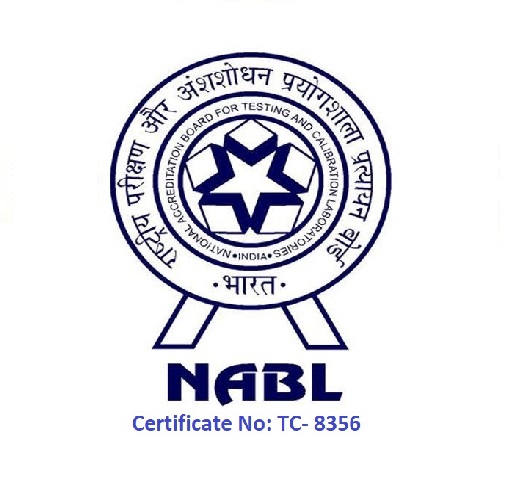




Our Labs
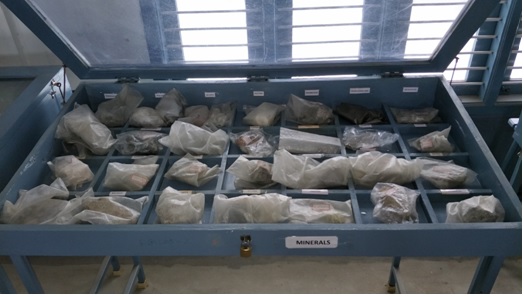
Engineering Geology
Engineering geology is the application of geology to engineering study for the purpose of assuring that the geological factors regarding the location, design, construction, operation and maintenance of engineering works are recognized and accounted for. Engineering geologists provide geological and geotechnical recommendations, analysis, and design associated with human development and various types of structures.
Concrete Technology Lab
In its simplest form, concrete is a mixture of paste and aggregates (rocks). The paste, composed essentially of cement and water, coats the surface of the fine (small) and coarse (larger) aggregates. Through a series of chemical reactions called hydration, the paste hardens and gains strength to form the rock-like mass known as concrete. Within this process lies the key to a remarkable trait of concrete: it's plastic and malleable when newly mixed, strong and durable when hardened.
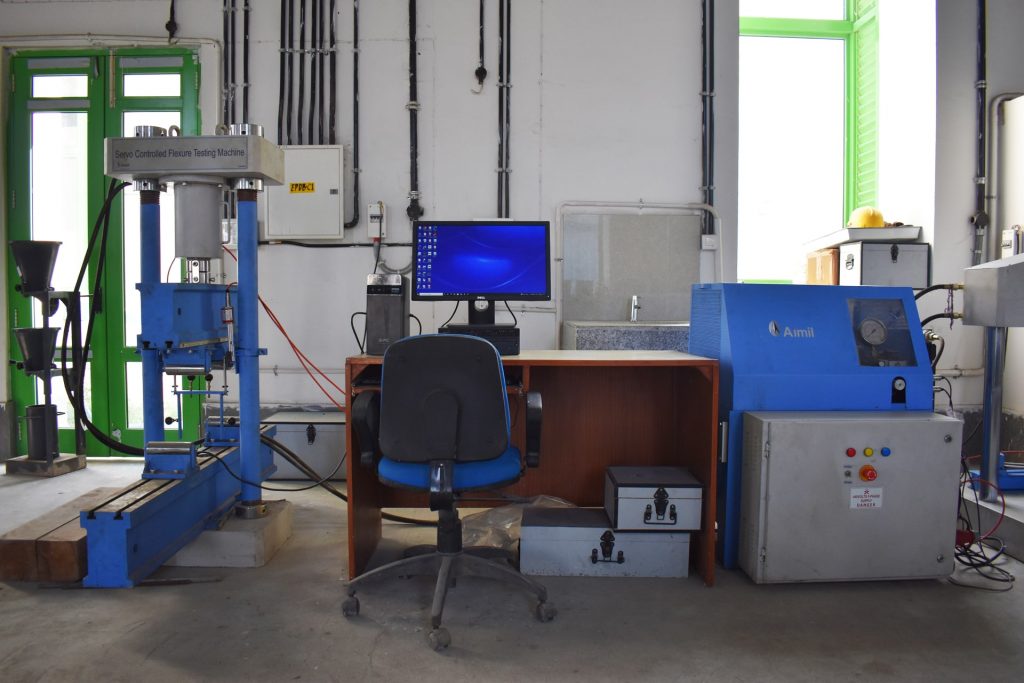
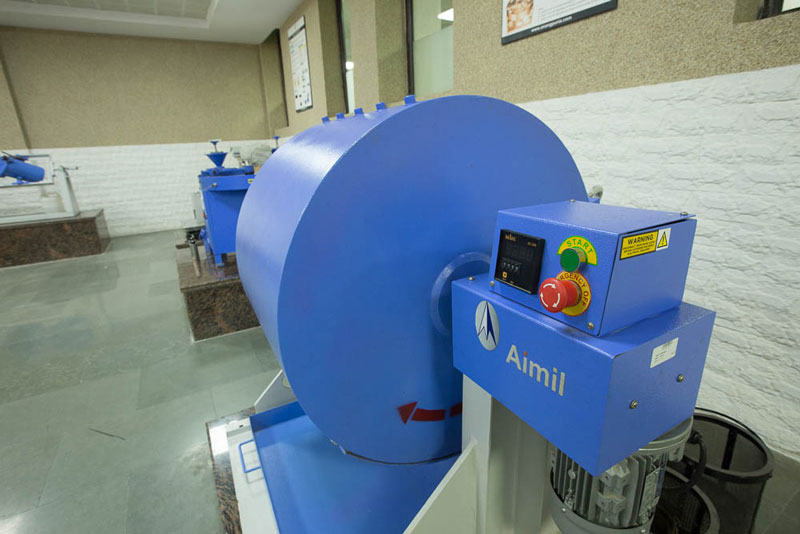
Transportation Engineering Lab
Transport Engineering is the application of scientific and technological principles in the planning, functional design, operation and facilities management for any means of transport (road, rail, water and air) in order to provide a safe, fast, comfortable, convenient, economic travel for people and goods. The planning aspects of transportation engineering relate to elements of urban planning, and involve technical forecasting decisions and political factors.
Surveying Lab
Surveying Engineers or Surveyors collect, analyze, and manage the global spatial infrastructure. They design, develop, and operate systems for collecting and analyzing spatial information about the land, the oceans, natural resources, and man-made features. They use sophisticated equipment such as Global Positioning Systems (GPS), electronic theodolites, levels, aerial photographs, satellite imagery for gathering, analyzing, and using information about the earth. Modern Surveying topics include digital mapping, geodesy, photogrammetry, remote sensing, as well as more traditional surveying involving property surveys. Since our societies are becoming more complex, information with a spatial position associated with it are of vital importance and are critical to decision-making, both from a personal and a business perspective, and for different levels of government.
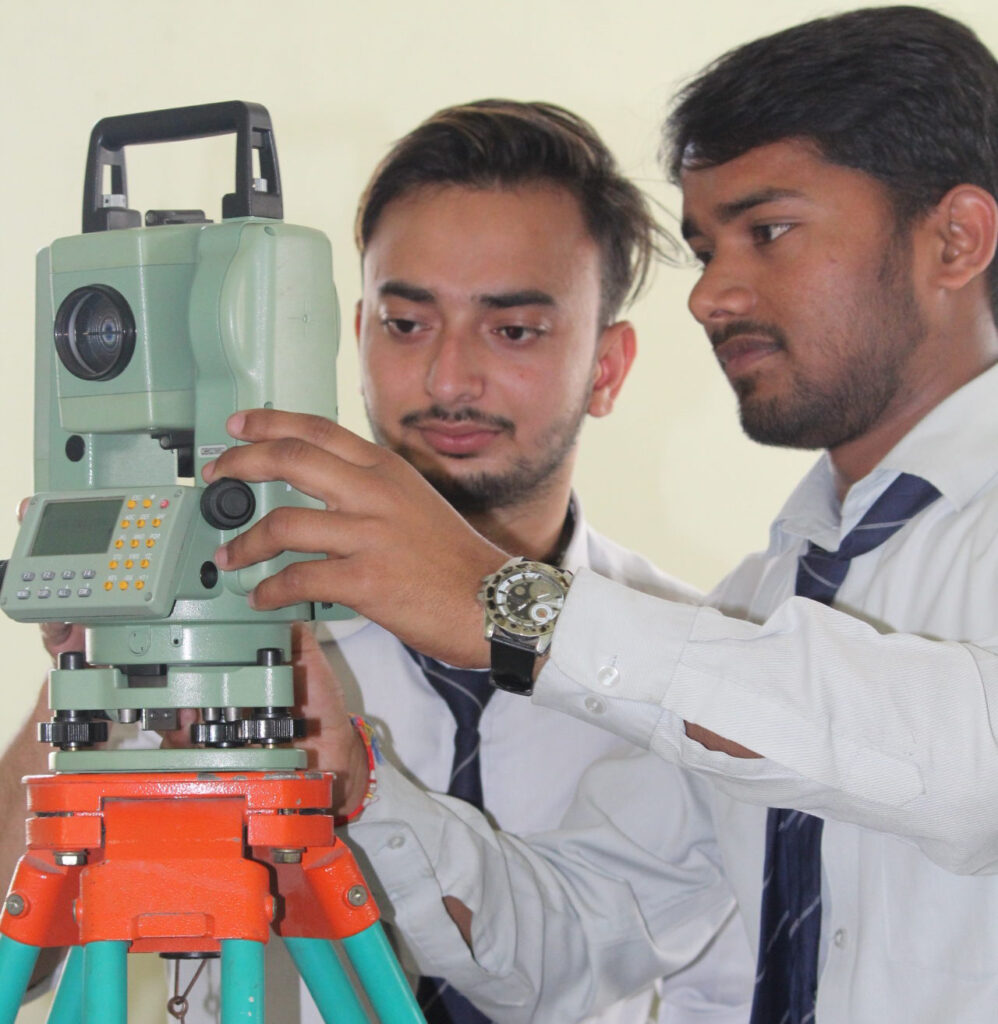

Strength of Materials Lab
The field of strength of materials (also called mechanics of materials) typically refers to various methods of calculating the stresses and strains in structural members, such as beams, columns, and shafts. The methods employed to predict the response of a structure under loading and its susceptibility to various failure modes takes into account the properties of the materials such as its yield strength, ultimate strength, Young's modulus, and Poisson's ratio. In addition, the mechanical element's macroscopic properties (geometric properties) such as its length, width, thickness, boundary constraints and abrupt changes in geometry such as holes are considered.
Structural Engineering Lab
Structural engineering is a branch of civil engineering that is concerned with the structural design of man-made structures. Often described as designing the ‘bones and muscles’ of structures, these engineers need to understand the rigidity, stability and strength of both buildings and non-building structures. This includes factors such as loading and susceptibility to earthquakes.
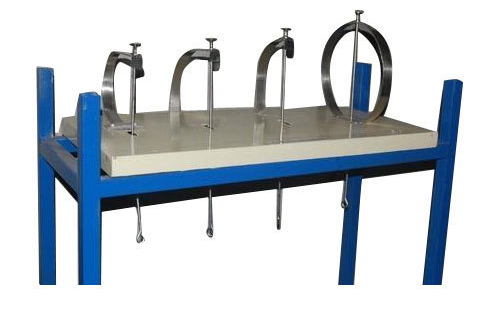

Fluid Mechanics Lab
Fluid mechanics is the branch of physics concerned with the mechanics of fluids (liquids, gases, and plasmas) and the forces on them. It has applications in a wide range of disciplines, including mechanical, aerospace, civil, chemical and biomedical engineering, geophysics, oceanography, meteorology, astrophysics, and biology. It can be divided into fluid statics, the study of fluids at rest; and fluid dynamics, the study of the effect of forces on fluid motion. It is a branch of continuum mechanics, a subject which models matter without using the information that it is made out of atoms; that is, it models matter from a macroscopic viewpoint rather than from microscopic.
Geotechnical Engineering Lab
Geotechnical engineering, also known as geotechnics, is the branch of civil engineering concerned with the engineering behavior of earth materials. It uses the principles of soil mechanics and rock mechanics for the solution of its respective engineering problems. It also relies on knowledge of geology, hydrology, geophysics, and other related sciences. Geotechnical (rock) engineering is a subdiscipline of civil engineering. In addition to civil engineering, geotechnical engineering also has applications in military, mining, petroleum, coastal engineering, and offshore construction.
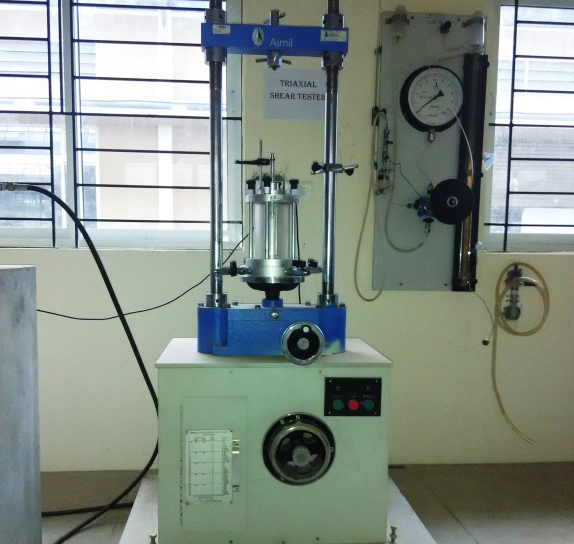

Environmental Engineering Lab
Environmental engineering is a professional engineering discipline related to environmental science. It encompasses broad scientific topics like chemistry, biology, ecology, geology, hydraulics, hydrology, microbiology, and mathematics to create solutions that will protect and also improve the health of living organisms and improve the quality of the environment. Environmental engineering is a sub-discipline of civil engineering and chemical engineering. While on the part of civil engineering, the Environmental Engineering is focused mainly on Sanitary Engineering. Environmental engineers devise solutions for wastewater management, water and air pollution control, recycling, waste disposal, and public health.
Civil Engineering Society Of Truba (CEST)
Civil Engineering Society of TRUBA (CEST) is established in order to ensure the organization of Technical and Extra Curricular Activities in the Department every month. These Activities ensure that the Understanding of the Students should enhance to a Higher Level for their betterment. CEST comprises of 7 Members including Head of Civil Department being the Authority. Prof. Deepesh Malviya and Prof. Neeraj Bhandari are the Faculty Heads of CEST. The remaining Members are Students comprising a President, a Vice President, a Content Writer and a Photographer.



